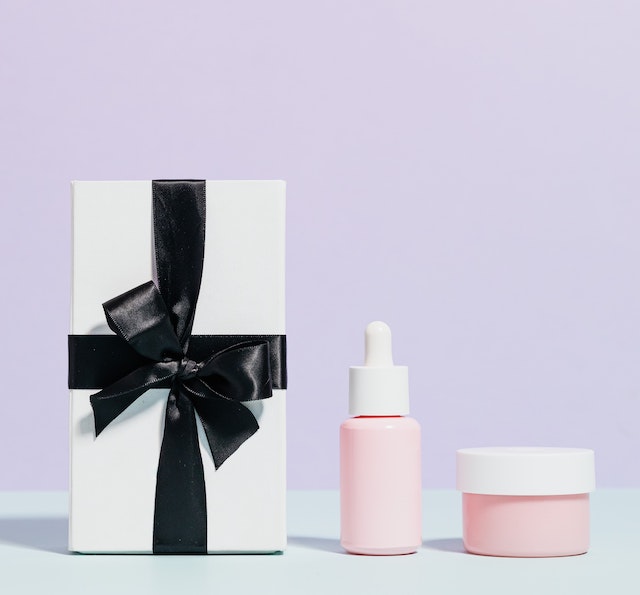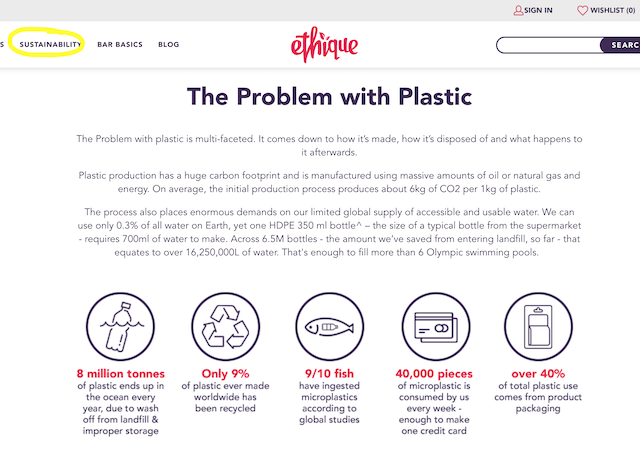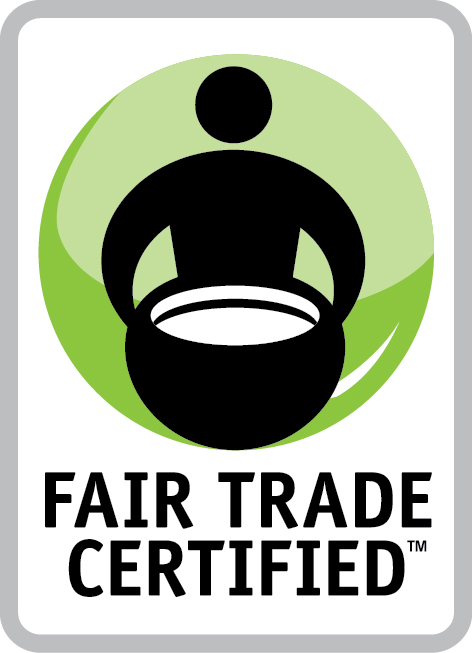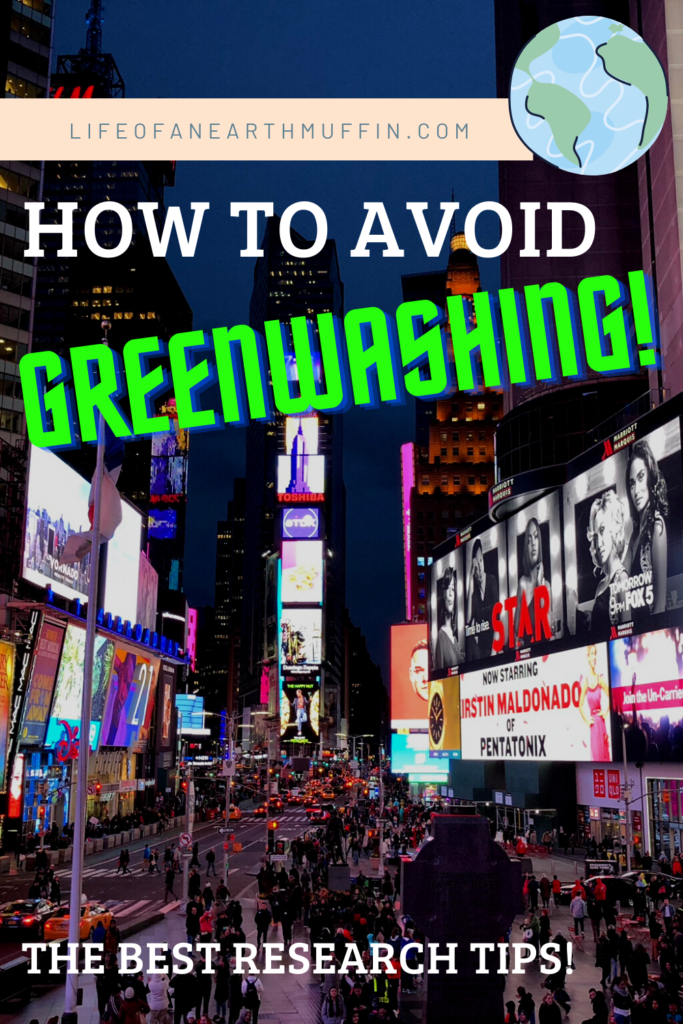Hey earth muffins! A few weeks ago I shared a post about greenwashing: what is is, examples of it, and how to avoid it. Many of you found this post helpful, so I thought I would share more detailed tips on how to avoid companies that greenwash instead of follow sustainable practices. I will be sharing some of the things that I do personally, as I try to support sustainable companies as much as possible! 😊 Let’s jump right into the post!

Why is Greenwashing an Issue?
I talked about this more in my previous post, but I get annoyed because it makes eco-friendly people have to take the extra step to ensure the company is actually sustainable. We see companies using “eco” and “green” all the time these days in their packaging, advertising, etc. Being eco conscious is “trendy” right now, which makes some companies opt for tricky packaging instead of actually being green. For me personally, I would much rather support companies that do care and take care of the enviornment. If you are like me, use some of the following tips to find out if a company is actually green! 🌎 ❤️
Do your research!
Don’t take anything a company says at face value… Make sure you agree with what they are saying first! I’ve always been a support driven person, so I have found these research methods to work:
Look to see how transparent a company is on their website.
If they are truly sustainable, they will have a whole sustainability section on their website. This section will contain details about ethical labor practices, materials they use, where they make their products, if they test on animals, etc. When a company is using greenwashing, they often have no mention (or little mention) of how their business affects the environment. Use your judgement too – some brands will have a sustainability section that is just full of fluff. The more details, the more transparent and trustworthy the company is! A great example of a good sustainability section is on the Ethique website. They have 5 different sections under “Sustainability” that outlines their plastic use, fair trade, etc.

Use apps to see if products are actually sustainable.
I included two apps in my post about the best green apps for a sustainable lifestyle that are relevant to greenwashing research. Good on You and Think Dirty are awesome resources if you are trying to figure out if a company is greenwashing or not. Good on You ranks fashion companies on how sustainable they actually are; Think Dirty rates products on how good/natural products are for you. Just like a company’s website can tell you a lot, these apps also help pierce the veil of deceptive advertising/packaging.
Take labels with a grain of salt!
There are so many labels that brands can get on their products these days: fair trade, non-GMO, B-Corp, Rainforest Alliance, Fair Trade USA, etc. Some are, unfortunately, easier to get than others. If a company has a lot of money and time, they can easily afford to get labelled as a certain thing. Labels like Fair Trade USA have been watered down because of this, as more people have the label on their packaging (when maybe certain companies shouldn’t). Along with this, smaller companies might not be able to afford to get their product labelled in a certain way – it is super expensive to do so! Instead of relying on labels, make sure you take them with a grain of salt.

Don’t listen to all influencers about what is “sustainable”.
I shared my list of favorite sustainable influencers recently. If these people recommend a brand, then it is most likely actually sustainable. For other YouTubers/influencers, make sure to do your research on their “green” recommendations. I get so frustrated when a “trendy” YouTuber talks about a reusable straw and then posts a fast fashion haul the next day. Mixed messages for sure! Many influencers get paid a lot of money to share products. If they are sharing something, it is most likely from a large corporation with a huge influencer budget. Many small and sustainable companies don’t have this budget!
Overall, I think it is important to figure out what companies share your values when it comes to sustainable products. Greenwashing is out there, so it is important to see through the deception and make an opinion based on research. A brand I don’t want to support might be one that you are okay supporting – that is totally fine! Every person is different, so make sure your consumption aligns with your values. Just avoid greenwashing as best as you can! 😊

Love,
Jenna ♥





I loved this spot! It’s so important to do that extra research into your products because you definitely can be greenwashed by some companies. It’s a shame that this happens, especially when we should all be trying to be better for our planet.
Thanks so much for your tips and advice! Have a great day x
Thanks for stopping by , Katie! I agree, it is definitely a shame that greenwashing happens. It helps to spread awareness of it for sure!
Jenna ♥
This is such a wonderful and helpful post. You included so many helpful and practical tips. Thank you!
Thanks, Shannon! I hope they were helpful the next time you are curious about a company’s actual practices to help the environment. 🙂
Jenna ♥